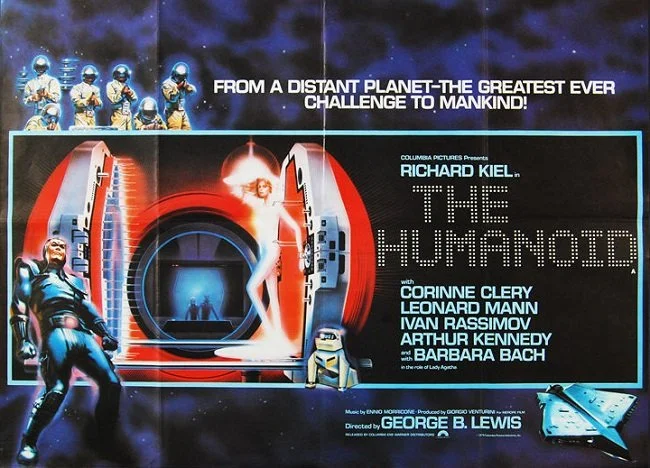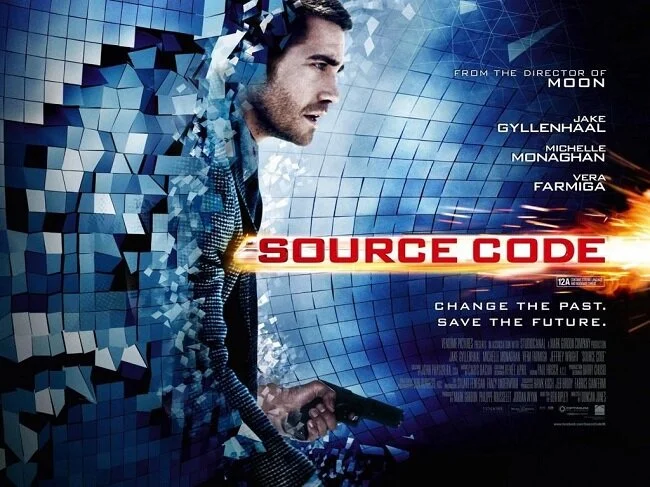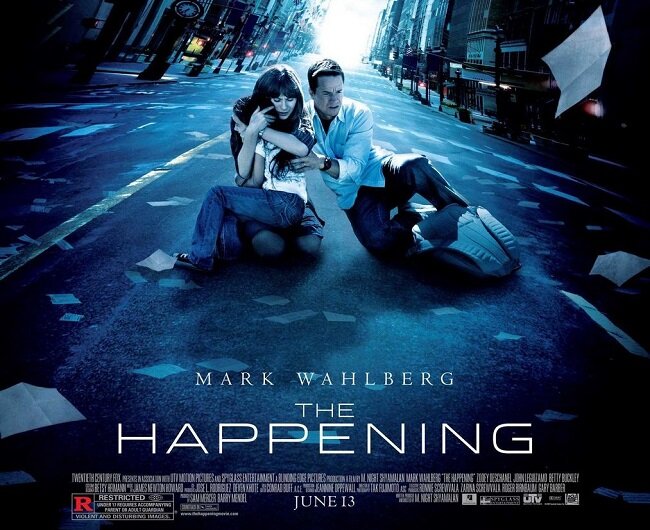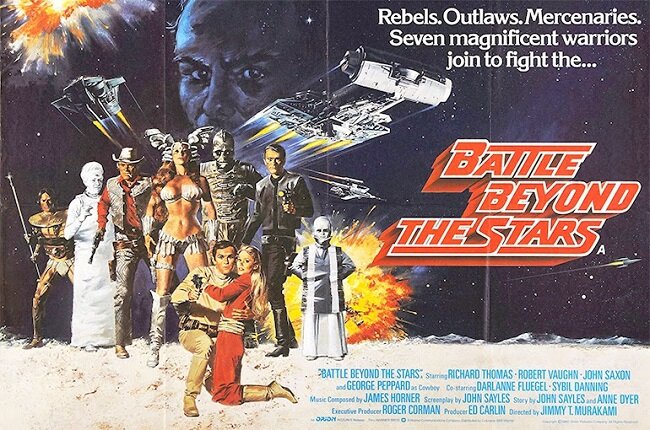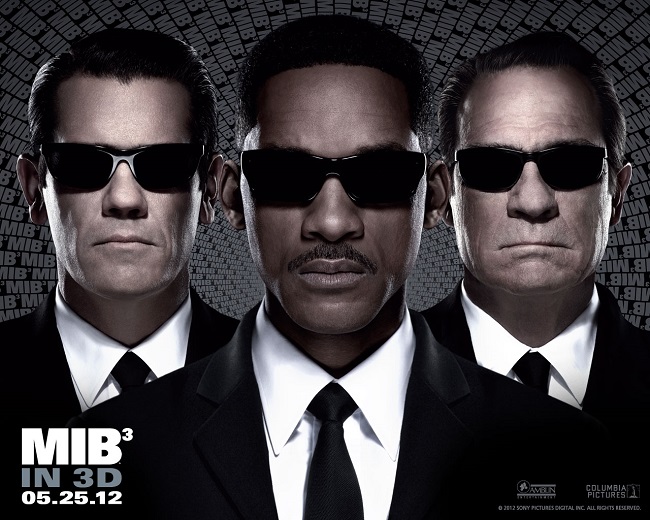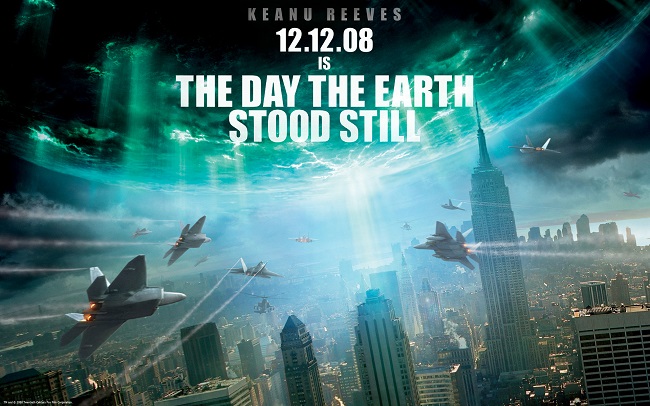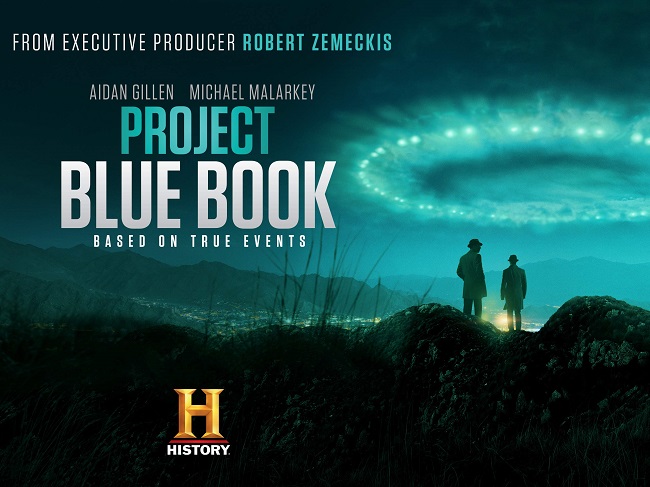Interstellar (2014)
I have a suspicion that Interstellar is destined to be a movie that will polarise opinions for years to come. A quick visit to the IMDB already shows a divide between who hailed it as a masterpiece upon release in 2014 and others who left the movie theatre bitterly disappointed. I had mixed feeling about the film when I first saw it but was prepared to put aside its annoying foibles and embrace the bigger narrative picture. A recent second viewing has negated some of the problems I encountered first time round but overall, I still think it’s an enjoyable but cumbersome motion picture. Despite its science heavy plot and dialogue, Interstellar is very much a film about human nature. Director Christopher Nolan cleverly explores the perennial theme of how these two themes are seldom in accord.
There is much to praise about Interstellar. The production design and effects are outstanding. The movie succeeds in visually realising the abstract nature of such phenomena as Black Holes, singularities and temporal anomalies. The robots that aid the crew are especially interesting as they are conspicuously non-anthropomorphic. Their design is functional as are their personalities. Christopher Nolan also wisely chooses to explore a very personal Father and Daughter relationship, set against the back drop of an ongoing global disaster. Although there are moments of spectacle in Interstellar, it is not at the expense of the human element that is essential to the story.
However, the film is flawed and at times struggles under the weight of its aspirations. The pace is languid, and where the leads get plenty of onscreen time, certain characters are woefully neglected and under developed. The final act cannot sustain itself and paints itself into a corner plot wise. After all its intellectual posturing, Interstellar settles for a rather generic Sci-fi plot device to resolve the story. There is a noticeable tonal shift and it may not sit comfortably with some viewers expectations. Imagine being beaten around the head with a science text book for two hours, only for it to be replaced by a philosophical tome at the last moment.
As with Inception, Christopher Nolan once again tries to raise the intellectual horizons of the blockbuster genre. Interstellar at time struggles to render its complex scientific themes into digestible dialogue but as experimental pictures of this nature are so few and far between, it would be short sighted to dismiss the film out of hand on these grounds. It deserves praise for trying to explore weighty themes with greater intellectual rigour than the average Hollywood movie. It should also be applauded for placing science at the heart of the plot. Especially as we live in times when critical thinking and rational thought are in decline. Knowledge and expertise are no longer exclusively viewed as laudable attributes and the “obsessed” scientist is no longer movie common movie trope.
It should be noted that Interstellar is not 2001: A Space Odyssey and doesn't strive to be so. Unlike Kubrick's movie, Christopher Nolan's is far more enamoured with the human condition. It's fundamentally about people and our nature as a species. However, it’s definitely not a movie for everyone and I would not recommend it as such. Don’t see it if you are expecting a space opera or just a story about exploration. Interstellar seeks to engage both your mind and emotions. Furthermore, it expects the audience to think. Although I found as much to dislike as I did to like, within the movie one hundred and sixty-nine-minute running time, I am glad that there are still film makers who are prepared to try something as bold as Interstellar. Sometimes a film that is imperfect can be just as engaging as one that is not.




